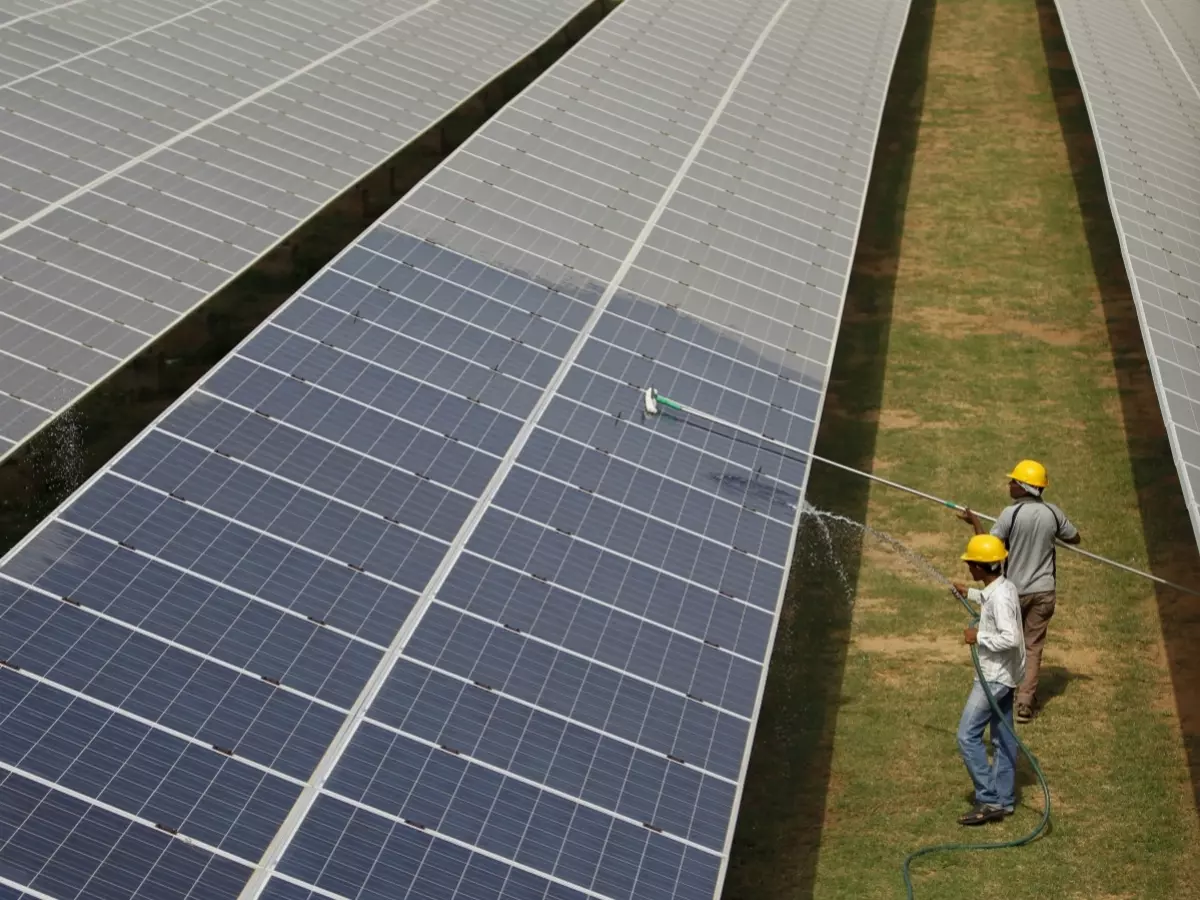India's Green Energy Takes A Giant Leap As Wind, Solar Now Account For 10% Power Production
Wind and solar generation grew by 13 per cent in first half of 2020 compared to the same period last year. Wind and solar generated 97 per cent of Indias electricity compared to 98 per cent globally. NTPC proposed to set up a wholly-owned subsidiary to house its growing renewable energy portfolio so that more focus can be on business that holds potential of being the next growth engine.

Over the past few years, India has been making steady progress when it comes to producing green energy.
India's wind and solar share rose from three per cent of the total generation in 2015, to 10 per cent in the first half of 2020; at the same time coal's share fell from 77 to 68 per cent.
 bccl
bccl
For the first time, the world's dirtiest fossil fuel coal ran at less than half of its capacity this year, said UK environmental group Ember in a recent report.
Wind and solar generation grew by 13 per cent in first half of 2020 compared to the same period last year (in comparison to 14 per cent growth globally), and that meant wind and solar generated 9.7 per cent of India's electricity (compared to 9.8 per cent globally).
 bccl
bccl
A recent survey among Energy CEOs had stated that India will add 50 GW of solar project capacity and 10 GW of wind power over the next five years. This is far short of the government's ambition of hitting 175 GW of clean energy in two years' time.
Last week, state-run power generation company NTPC proposed to set up a wholly-owned subsidiary to house its growing renewable energy portfolio, so that more focus can be on business that holds the potential of being the next growth engine for the company.
 bccl
bccl
The company, which had installed a generation capacity of close to 63,000 ME, proposes to have 32,000 ME of renewable energy capacity under its hold by 2032. It already has 5,000 MW of commissioned renewable energy projects in its fold under the developer-mode model.
The new subsidiary will help the company bring more focus on renewable operations, and quickly achieve the target it set for expanding green capacity. Of the 32,000 MW renewable energy capacity, nearly 10,000 MW of solar capacity is proposed to be commissioned till 2022. The aim is to take up renewable capacity to 30 per cent of its total operations by 2032.
Last month, in a bid to make the country self-reliant on solar power production, Prime Minister Narendra Modi had said that India won¡¯t be able to fully use its solar power potential, unless the country doesn¡¯t develop better solar panel, battery and storage manufacturing capacity.
